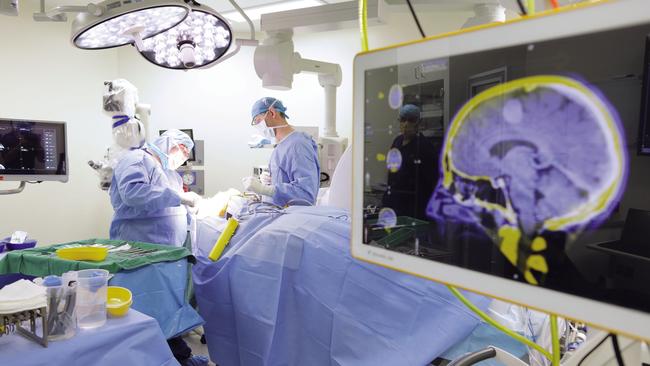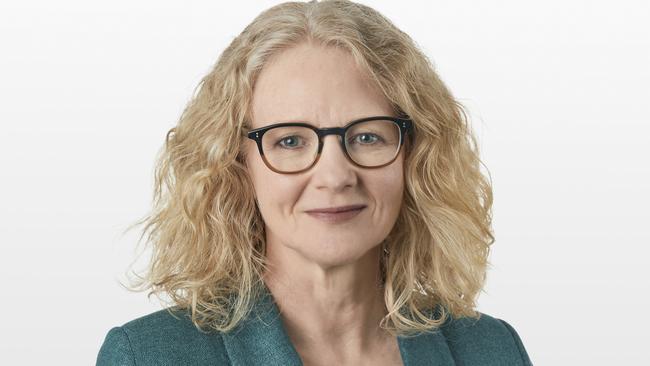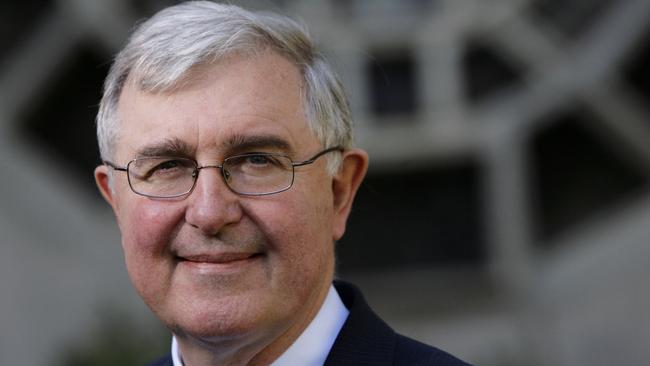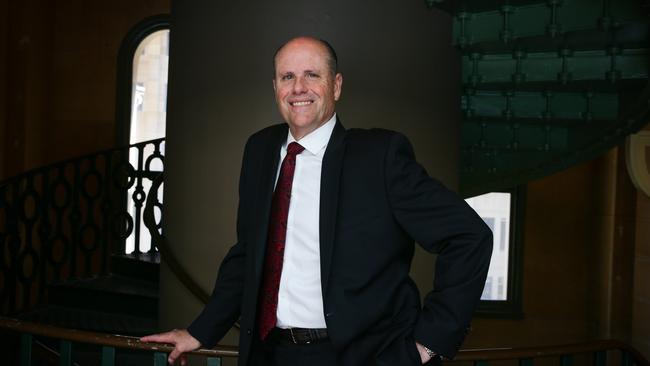CSL, Ramsay, Cochlear reveal plans to cut carbon emissions – but their strategies vary
Australia’s biggest health companies are launching a range of strategies to cut carbon emissions, saying environmental goals are “inextricably linked” to healthcare.

The country’s biggest healthcare companies are joining the growing list of businesses vowing to cut carbon emissions – strengthening their green credentials in the latest profit reporting season.
CSL, Ramsay Health Care, Cochlear and NIB have outlined their plans to slash greenhouse gas emissions – either directly or by encouraging their suppliers to adopt similar cuts.
But their targets vary. Ramsay, Australia’s biggest private hospital operator, aims to reach net zero across its “value chain” by 2040, whereas Cochlear plans to achieve the same goal in 2050.
Meanwhile, CSL is targeting a 40 per cent cut in emissions, based on the 2019-21 levels, by 2030.
Asked why the company did not set a net zero goal, CSL chief financial officer Joy Linton said its target aimed to strike a balance with its business objectives and what was genuinely achievable.

“Across the organisation we very much work to 2030 and as we move our business strategy beyond 2030 will move our sustainability targets beyond 2030,” Ms Linton said.
“We think that a 40 per cent absolute reduction of an average base FY19 to 21 scope-1 scope-2 but more importantly, what we‘re doing with scope-3 – which is around getting 67 per cent of our supplier base to line up with scope-1 scope-2 – align with science-based target initiatives and we have a clear and transparent road map.”
Companies have been coming under increasing pressure from shareholders, including the Australian Council of Superannuation Investors, over ESG issues.

A KPMG report found that 42 per cent of the world’s CEOs, and 36 per cent of Australia’s bosses “admitted they were struggling to articulate a compelling ESG story to their stakeholders”.
Until now, most of the attention on and criticism of carbon emissions has been directed at the resource, manufacturing and agriculture sectors.
But University of Melbourne and University of Sydney researchers found Australia’s healthcare industry was responsible for 7 per cent of the nation’s greenhouse gas emissions – often through “unnecessary” MRI scans, which emit the equivalent of 17.5kg of carbon dioxide per scan.
Ramsay’s global chief medical officer, Edward Byrne, said climate change and healthcare were inextricably linked.
“Doctors and healthcare professionals are already dealing with the serious health effects of climate change,” Professor Byrne said. “Global warming is exacerbating a wide range of illnesses, diseases and chronic health conditions, not to mention the impact on our mental health.

“I hope Ramsay’s action inspires other healthcare providers around the world to commit to net zero emissions.”
Ramsay plans to meet its target by switching to renewable energy sources, cutting anaesthetic gas emissions, reducing waste and boosting recycling, embedding sustainable design in new facilities and upgrades, as well as engaging with suppliers to reduce supply chain emissions.
At CSL, its facilities in the UK and Bern in Switzerland use renewable energy, while its new headquarters in Melbourne and research complexes in Germany and the US will feature sustainable design.
“CSL is prioritising integrating environmental considerations into key business decisions; minimising end-to-end production of waste through removal, reduction and recycling; and reducing waste in our supply chain,” chief executive Paul Perreault said.

Cochlear chief executive Dig Howitt said its 2050 net zero strategy was “consistent with efforts to limit warming to 1.5 degrees above pre-industrial levels” and involved slashing corporate travel. “We have a relatively low level of carbon emissions as a business, with around 50 per cent of total FY19 reported carbon emissions generated from Scope 3 – or indirect – emissions, with business flights our single biggest source of reported carbon emissions,” he said. “For these Scope 3 emissions, we have a target of 50 per cent reduction in business flight-related emissions by FY25.
NIB chairman David Gordon said the company was carbon neutral with a commitment to be net zero carbon by 2040.




To join the conversation, please log in. Don't have an account? Register
Join the conversation, you are commenting as Logout